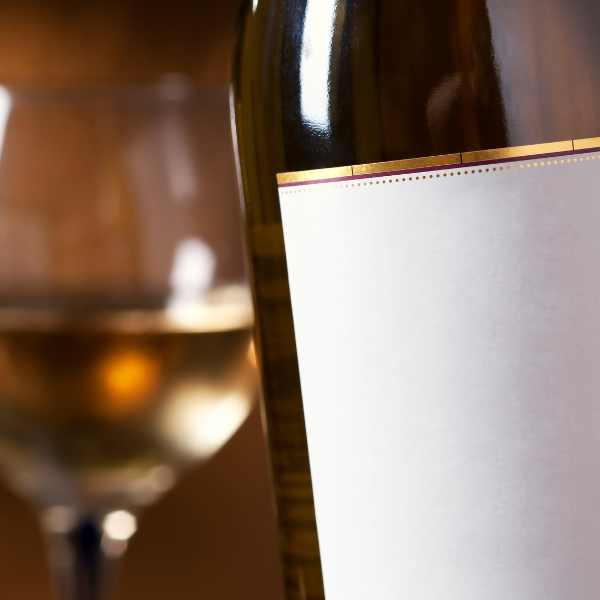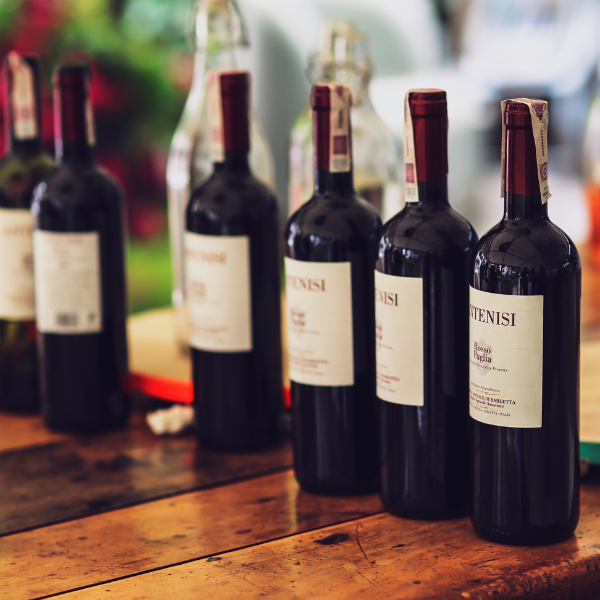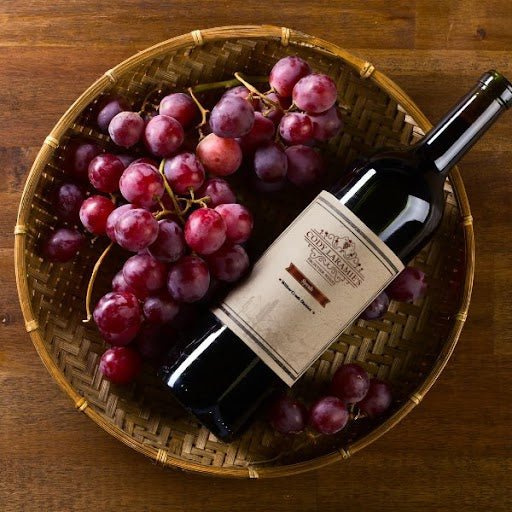In the competitive landscape of branding, every aspect of your product presentation can make a difference. For brands that rely on custom coffee cups as part of their marketing or customer experience, selecting the best material for coffee cups is critical. An ideal choice not only enhances brand perception but also aligns with practical considerations like cost, durability, and eco friendly coffee cup materials.
However, navigating the myriad of types of coffee cup materials to find the right fit can be daunting. Whether you’re weighing paper vs plastic coffee cups or conducting a coffee cup material comparison, this guide aims to simplify the process by exploring key factors and materials that ensure your coffee cups make the perfect impression.
Understanding the Importance of Material Selection
Choosing the right material for custom coffee cups is more than an aesthetic decision, it directly impacts brand consistency, customer satisfaction, and operational efficiency. For brand teams and procurement professionals, the stakes are high. A durable coffee cup design—such as double wall vs single wall cups—can build brand loyalty, while poor food-grade paper cups for coffee or inappropriate material choices can lead to negative customer experiences.
Consider a scenario where a brand team selects a material that looks premium but doesn't offer heat-resistant custom coffee cup materials. Not only will this lead to customer complaints, but it also risks damaging the brand's reputation. Whether you're evaluating recyclable coffee cup materials or comparing custom disposable coffee cups for takeaway service, understanding the characteristics of different options—and how they align with your branding and sustainability goals is essential.
Top Materials for Coffee Cup Branding
When exploring custom coffee cup materials, several options stand out due to their balance of functionality and branding potential:
- Paper: An eco-friendly choice, especially when using recycled paper. Ideal for brands emphasizing sustainability. It offers excellent customization options and is lightweight.
- Ceramic: Known for its durability and premium feel, ceramic is perfect for reusable coffee cups. It's a great option for gifts or loyalty programs.
- Stainless Steel: A modern choice that offers excellent insulation. It's ideal for travel mugs and appeals to eco-conscious consumers.
- Bamboo: An innovative custom coffee cup material, bamboo is biodegradable and adds a unique, earthy aesthetic to your branding.
Evaluating the Durability and Practicality of Materials
Durability is a critical factor in material selection for branded coffee cups. Materials must withstand temperature changes, sustain branding prints, and be practical for daily use. For instance, heat-resistant coffee cup materials like stainless steel and ceramic are suitable for hot beverages, ensuring customer safety and comfort.
Consider the wear and tear during transport and handling. Recyclable coffee cup materials such as paper and bamboo may offer sustainable benefits but must be assessed for their ability to maintain structural integrity during use.
Sustainable and Eco-Friendly Options
With increasing consumer demand for sustainable products, opting for eco-friendly coffee cup materials can enhance brand image and align with corporate responsibility goals. Brands should consider the lifecycle of the materials, from sourcing to disposal, ensuring that their choice supports environmental sustainability.
Sourcing teams might focus on materials like recycled paper or bamboo, which offer biodegradability and reduce environmental impact. Implementing these choices can boost your brand's appeal to environmentally conscious consumers.
Meanwhile, standardized sourcing processes can simplify the procurement of custom coffee cup materials while aligning with broader sustainable custom coffee cups goals. By establishing clear criteria for eco packaging for coffee shops, brand teams can facilitate efficient decision-making, maintain brand consistency, and support environmentally responsible practices.
For example, a procurement professional might develop a workflow that includes preferred vendors for each material type, such as compostable coffee cups or plant-based coffee cup materials ensuring consistent quality and reliable, low-impact supply chains. This approach not only enhances operational efficiency but also strengthens vendor relationships and reinforces a brand’s commitment to green alternatives to plastic cups.
Building a seamless custom product development pipeline demands strategic planning, flawless integration, and relentless commitment to continuous improvement. At Customizable.com, we deliver eco-conscious custom packaging solutions that marry quality with sustainability—all backed by unmatched turnaround times, low minimums, and personalized, hands-on support.
Transform your workflow with packaging crafted for speed, control, and brand authenticity. Get a custom quote today at customizable.com, where your packaging tells your story, sustainably and swiftly.
Frequently Asked Questions
Q: What are the best materials for coffee cup branding?
A: The best materials for custom coffee cup branding include paper and bamboo, each offering distinct advantages in terms of sustainability, durability, and aesthetic appeal.
Q: How can I ensure the materials I choose are sustainable?
A: Look for materials that are recyclable, biodegradable, or made from renewable resources. Check for certifications that verify sustainability claims.
Customizing the perfect coffee cup involves more than just choosing a material—it's about aligning with your brand's values and operational goals.
Explore how Customizable.com can support your journey to find the perfect material for your branded coffee cups, offering solutions that are as innovative as they are effective.






